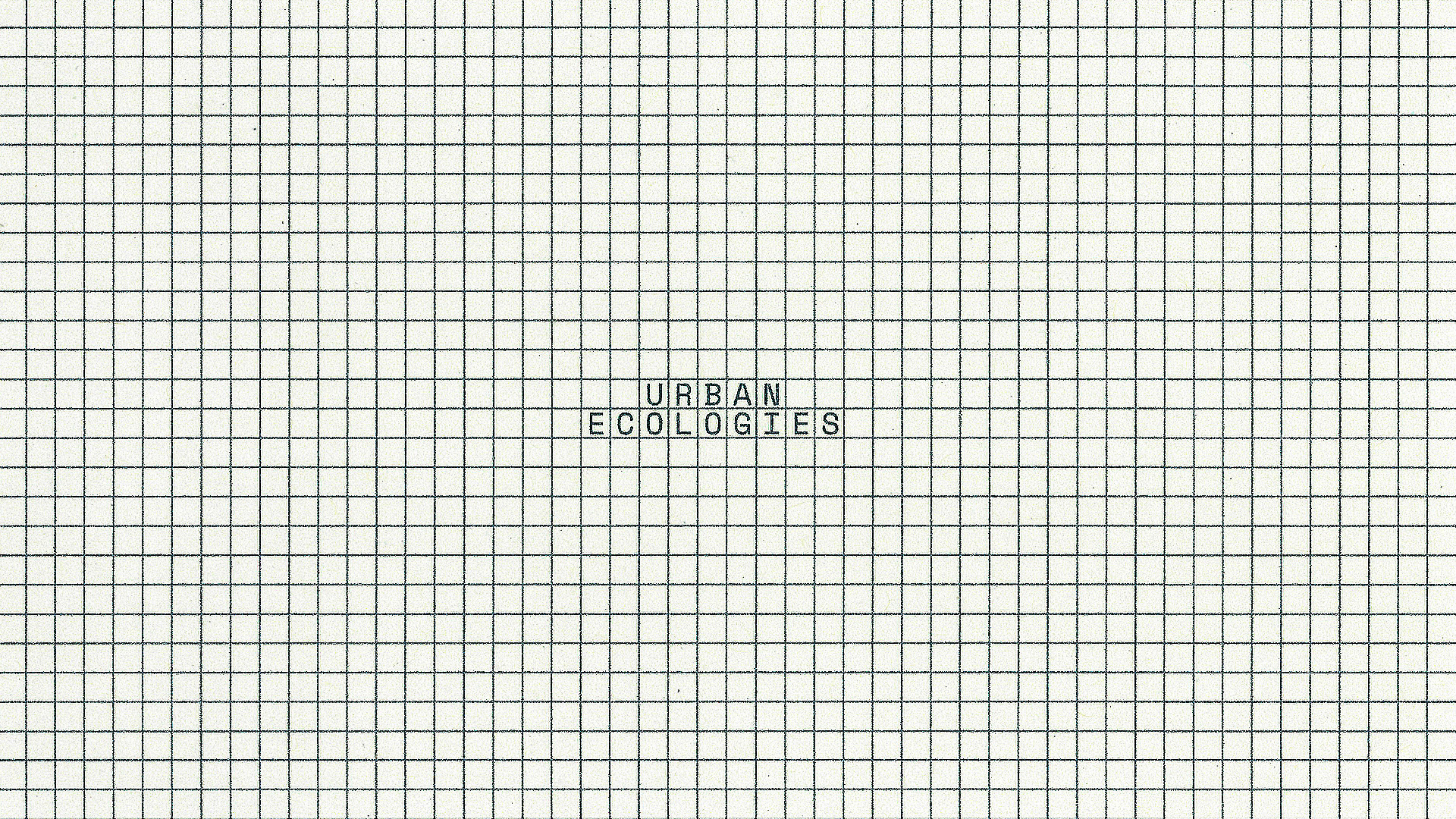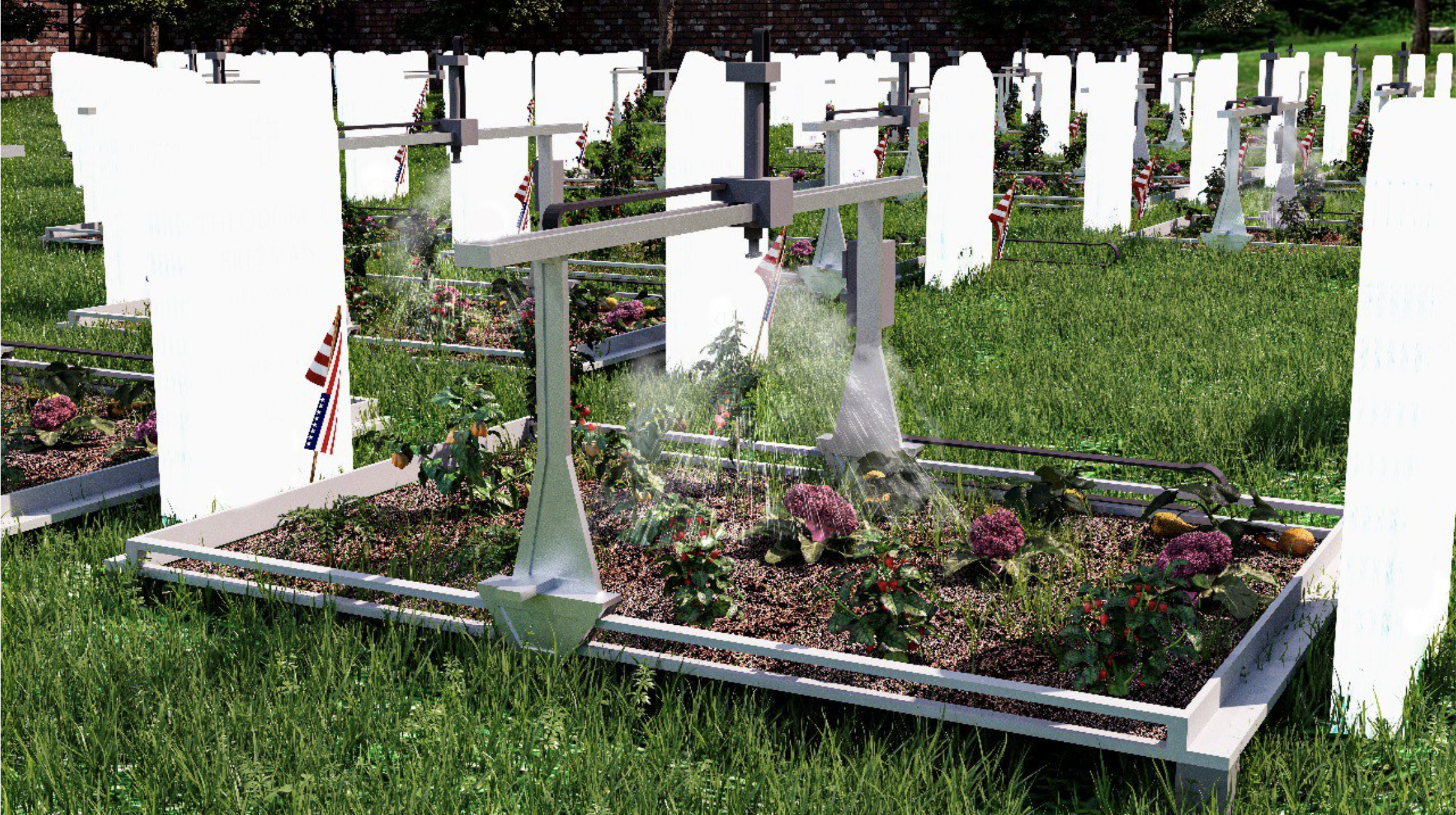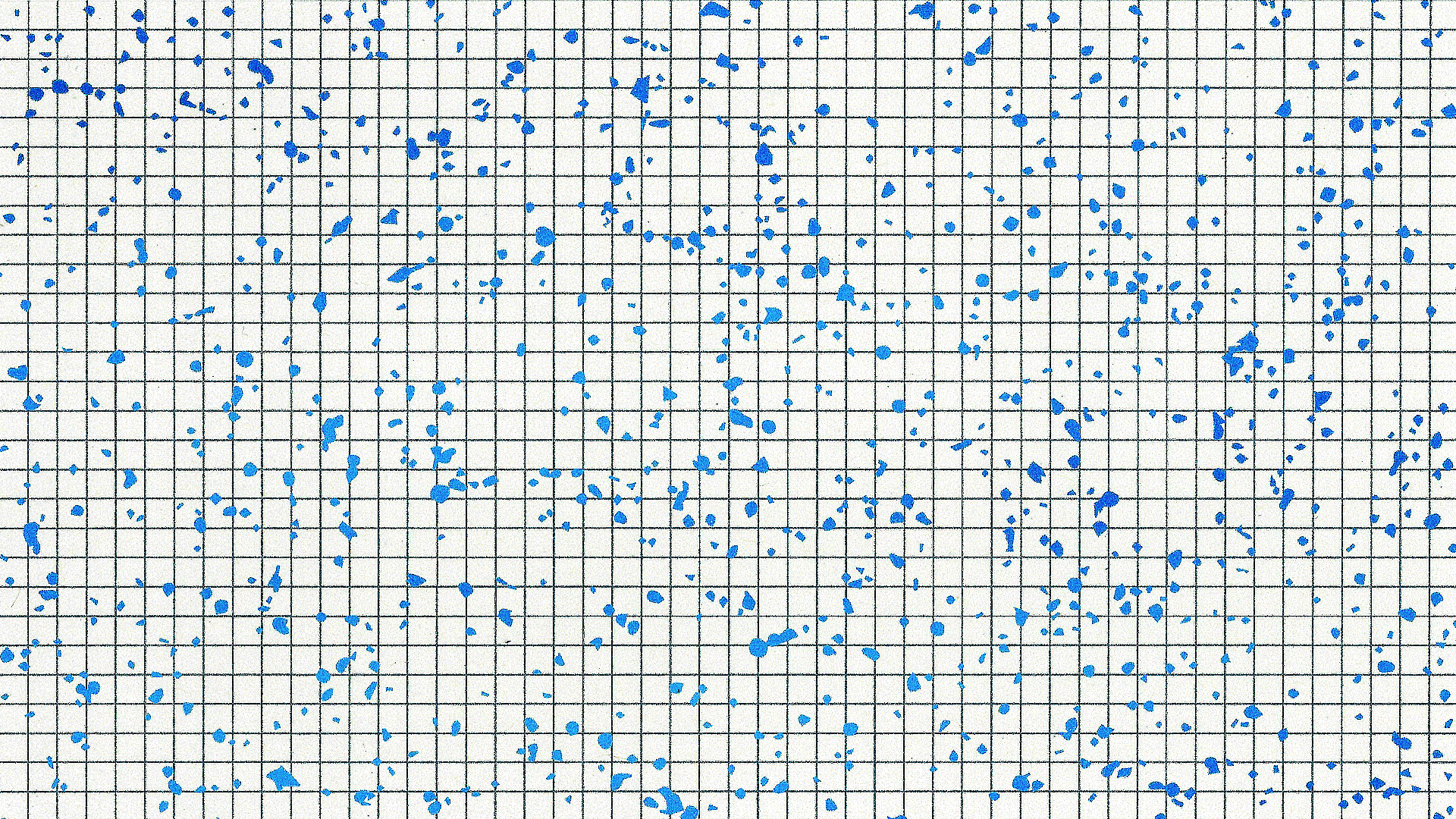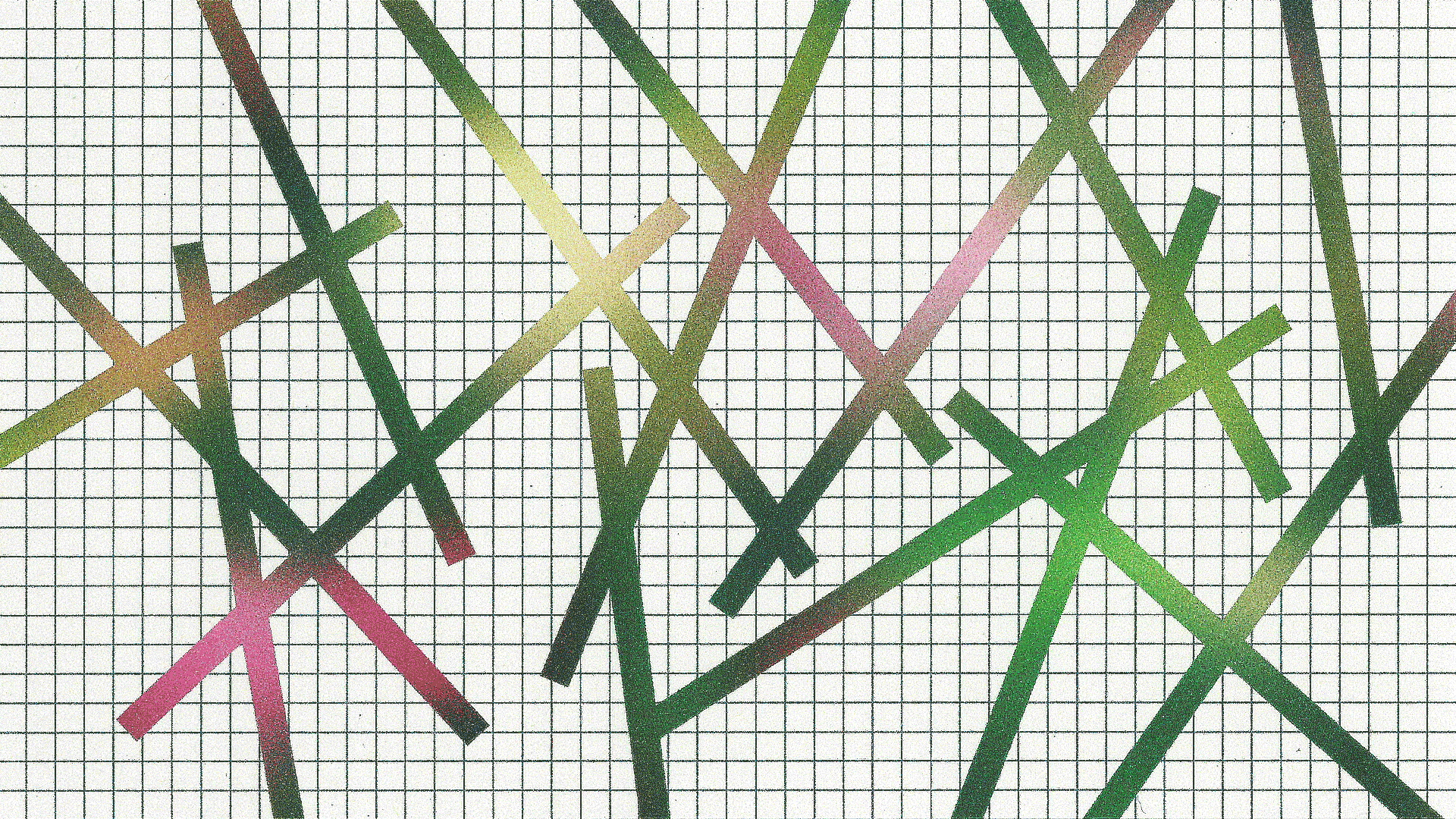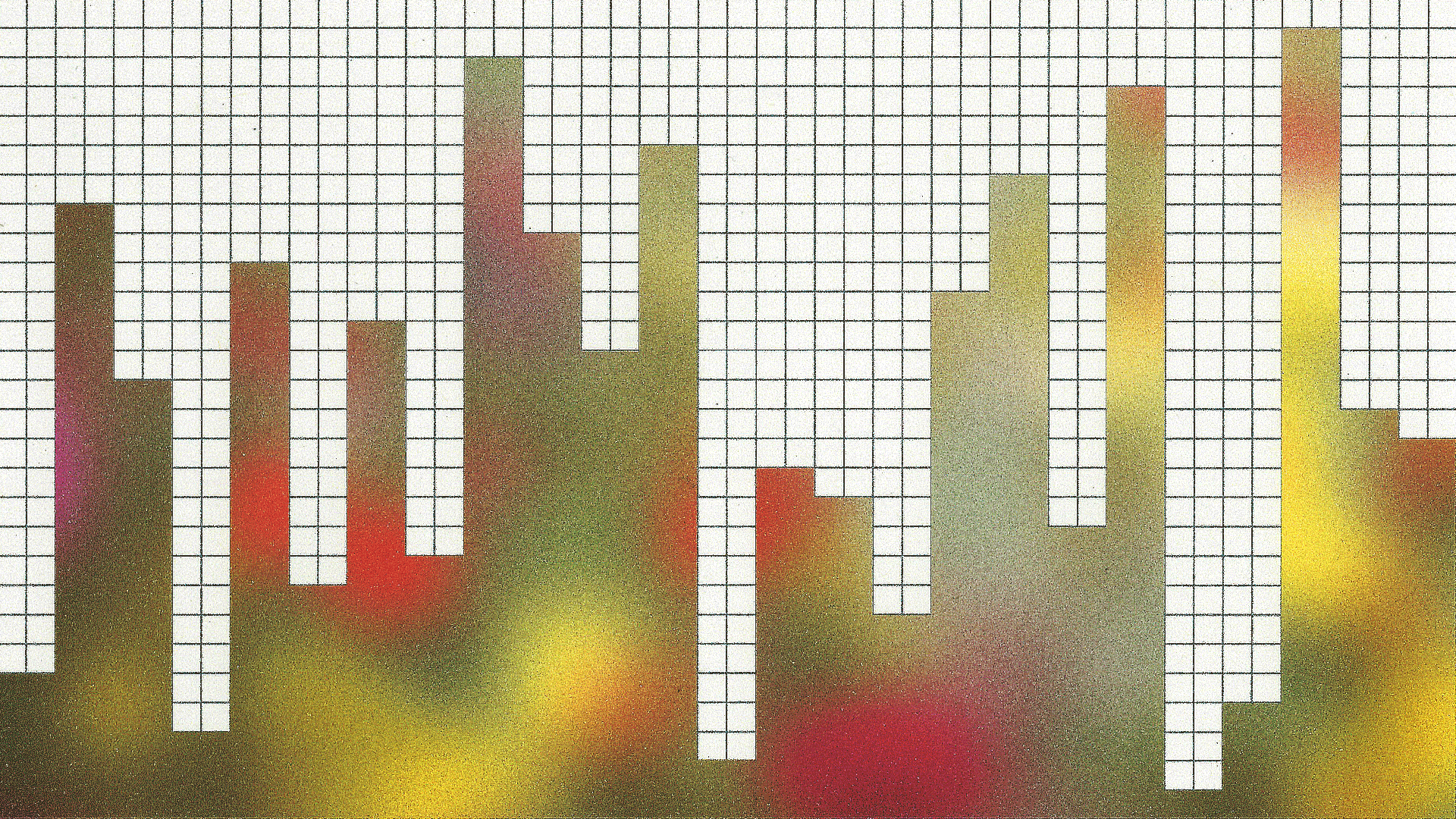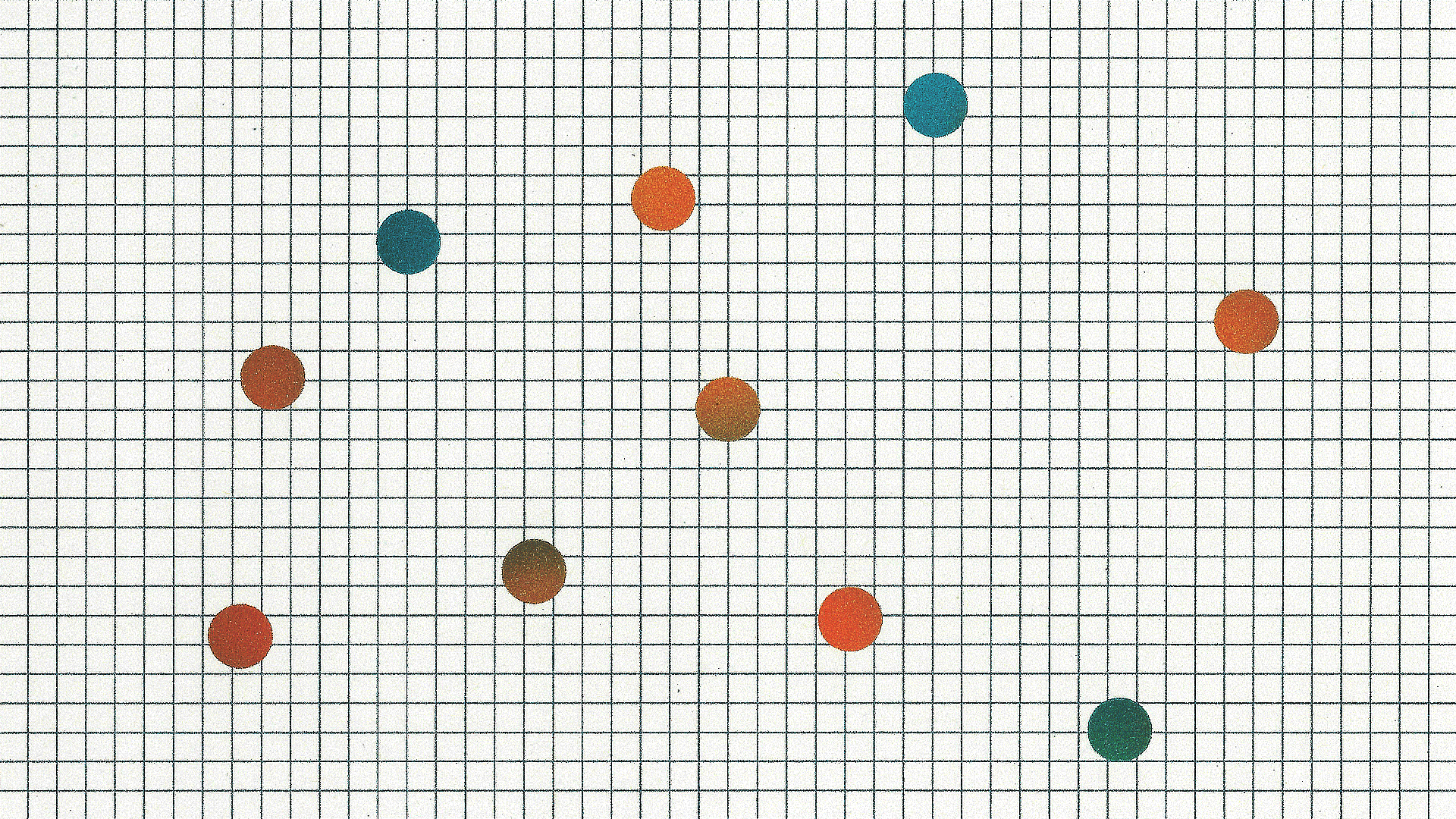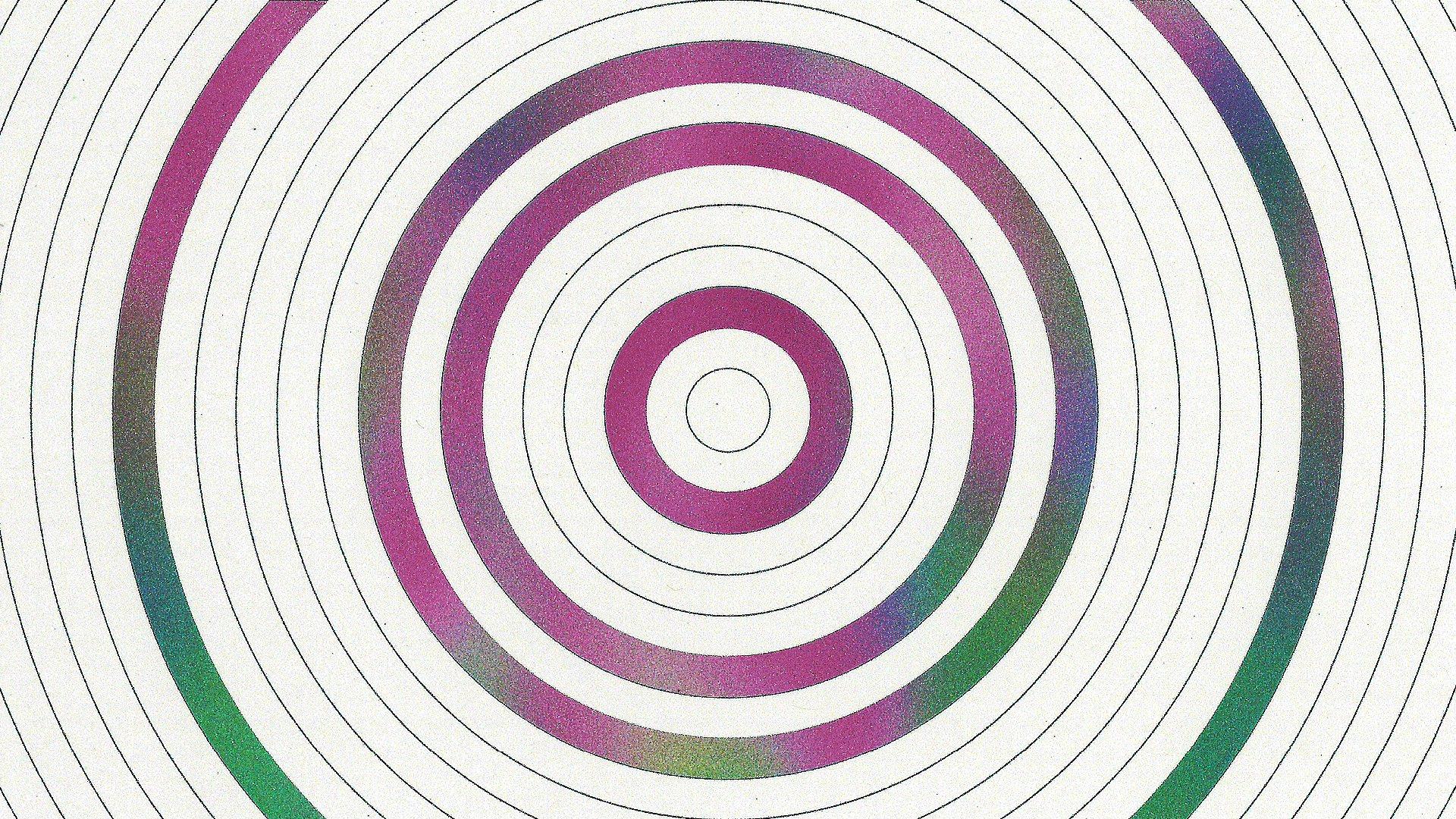We are beginning the month of June exploring the theme of Urban Ecologies. In this editorial series, we take a closer look at the unique microcosms created by cities and how the built environment affects the way we think about, cultivate and eat food.
Although artists, chefs and farmers have attempted to collapse the distance between urban dwellers and the food systems they participate in, our post-pandemic reality provides a unique moment to reexamine the levers and opportunities to cultivate hyperlocal food movements. Meg Millerspeaks with Soft Protest Digest, a research collective seeking to illuminate urban food histories as well as narratives of place through the creation of culturally and environmentally resilient dishes. John Kazior examines the community-supported agriculture (CSAs) facilitating relationships between farmers and urban consumers, including how systems such as Japan’s Teikei (提携) groups can build networks of greater interdependency and ultimately, trust, in the face of increasing ecological precarity and crisis.
In this series we also inspect how our cities can serve as incubators of life. Avery Hill makes the case for the city as a place of refuge—a space of survival for species that are struggling to keep up with widespread habitat loss under the fast pace of climate change. Avery asks us to reevaluate our own understanding of what wilderness is, inviting us to consider what future interspecies relationships of stewardship and mutuality can look like in the anthropocene. Julia Georgallisprovides a dispatch on the return of aquatic ecosystems to London’s rivers and canals, providing insight into how urban infrastructures can be further integrated into our food systems. We also speak to a selection of thinkers, urbanists, scientists and designers on their perception of the future of water—as an infrastructure, as a resource and as a sacred life force.
Cities, with their improbable daily convening of people, experiences and systems, have always lent themselves well as metaphors for the present moment. Through this Urban Ecologies series we seek to map an ever-evolving urban landscape in order to peer into the problems and promises offered by our future cities.
With gratitude,
Isabel
